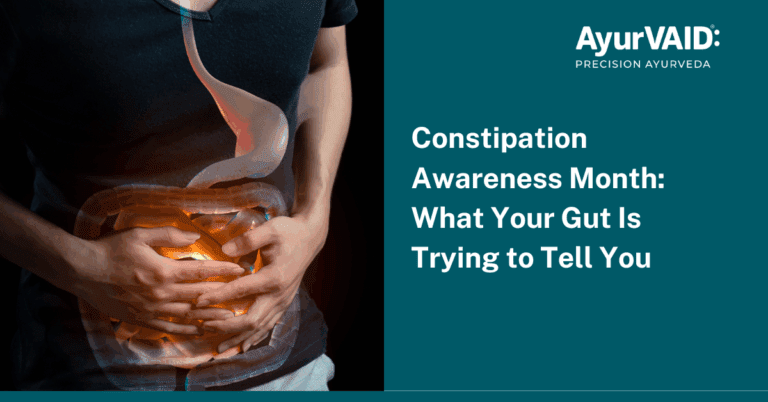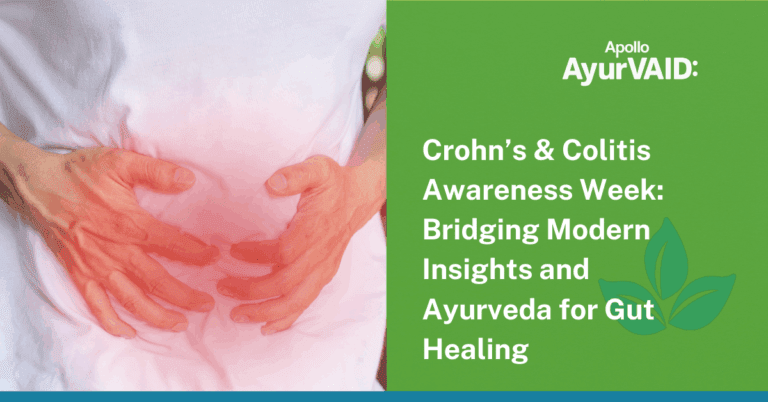Pregnancy is one of the most beautiful and life-changing journeys a woman can experience. But along with the joy and excitement of nurturing a new life, it often brings along a few not-so-pleasant companions — one of them being heartburn. Many women experience heartburn due to pregnancy, especially as it progresses into the later stages. This discomfort is usually caused by acid reflux during pregnancy, a condition where stomach acid flows back into the esophagus, irritating its lining. As your baby grows and hormones shift, the likelihood of experiencing gastric reflux during pregnancy increases.
While it’s a frequent occurrence, especially in the second and third trimesters, it doesn’t have to overshadow the beauty of your journey. Thankfully, there are several safe and effective home remedies for acid reflux when pregnant that can help ease the burn and restore your comfort. Let’s discuss all in this blog.

What Exactly is Heartburn and Acid Reflux?
The terms heartburn and acid reflux during pregnancy are often used interchangeably, but they have distinct meanings. Acid reflux (also known as gastric reflux) occurs when stomach acid flows back up into the esophagus, the tube connecting your mouth to your stomach. Heartburn is a cardinal symptom of acid reflux; sometimes it ascends through the throat. When acid reflux happens frequently or causes troublesome symptoms and complications, it is medically termed Gastroesophageal Reflux Disease (GERD).
Why is Acid Reflux So Bad during pregnancy?
Gastric reflux during pregnancy is a common condition that occasionally becomes more serious due to the physiological changes occurring during pregnancy. The alteration in the levels of hormones, especially progesterone, serves as the cause. Progesterone relaxes the lower esophageal sphincter (LES), a valve that ordinarily blocks the backflow of stomach contents into the esophagus. With the LES relaxed, it is easier for the acid to get refluxed. Moreover, the placenta produces gastrin at higher levels, increasing the stomach acidity. The same hormonal changes also slow down the emptying of the stomach, increasing the risk of reflux since food tends to stay in the stomach for longer. As the pregnancy advances, the increasing size of the uterus applies pressure on the abdomen, which also pushes the stomach contents back into the esophagus.
When Does Heartburn Start During Pregnancy?
Heartburn due to pregnancy can affect women throughout pregnancy. However, it is reported to be most common and often worsens during the second and third trimesters.
Symptoms of Gastric Reflux During Pregnancy
The symptoms of gastric reflux during pregnancy are generally similar to those experienced by the general adult population. Heartburn and regurgitation remain the prominent symptoms. They may worsen upon bending, straining, or lying down. Other common symptoms reported with GERD and Amlapitta are sour belching, indigestion, nausea and vomiting, burning sensation in the throat, excessive salivation (water brash), heaviness in the abdomen, headaches, and sometimes, dysphagia or chest pain.
Ayurveda Management of Heartburn During Pregnancy
Home Remedies for Acid Reflux When Pregnant
Several natural and home remedies for acid reflux when pregnant can offer relief when combined with diet and lifestyle changes.
Dietary Adjustments: Simple changes in what you eat can make a significant difference.
Include: Certain foods can help soothe the digestive system. Alkaline foods like potatoes are helpful. Fruits such as bananas, papaya, apples (especially after dinner), pomegranate, melons, Indian gooseberry (Amla), dry grapes, black grapes, sweet lime, and figs can aid digestion and manage acid. Probiotics in yogurt promote a healthy digestive system. Vegetables like white pumpkin, bitter gourd, matured ash gourd, ridge gourd, and most leafy greens (excluding fenugreek) are beneficial. Grains like aged rice, barley, wheat, and pulses like green gram are easily digestible. Oatmeal, almonds, and honey are other useful supplements that are helpful.
Avoid: It is necessary to control oily, spicy, acidic, fatty, and fried foods. Certain triggers, such as alcohol, tomato sauce, caffeinated beverages (coffee, tea), garlic, onions, chocolate, and mint, should be reduced. Limit intake of carbonated soft drinks, salt, curd, and some fruits with a sour taste. Pay attention to your triggers through careful observation.
Beneficial Drinks: Several drinks can help soothe acidity. Coconut water is hydrating and helps balance stomach pH. Buttermilk (preferably fat-free or with cumin) can act as a digestive tonic. Herbal teas like ginger, fennel, basil, chamomile, Tulsi, mint, and cumin tea promote digestion. Amla juice or warm lemon water with sugar after a meal may also help some individuals. A quick remedy mentioned is crushed coriander seeds taken with water or a coriander powder decoction. Lukewarm milk or milk with a teaspoon of ghee can also be helpful. Drinking adequate warm water throughout the day is also advised.
Lifestyle Modifications to Manage Heartburn During Pregnancy
Changing daily routines can greatly help alleviate acid reflux symptoms.
- Habits of Eating: Have smaller portions of food more frequently, not big meals, to avoid overeating and putting pressure on the stomach. Chew slowly and carefully. Do not eat right before bedtime; do not lie down or go to bed for at least 2-3 hours after eating. Do not lie down soon after mealtime.
- Posture and Sleep: Raising the head of your bed 6-9 inches keeps stomach acid down. The left lateral position is preferred for sleeping to minimise reflux. When sitting, use good posture.
- Weight and Clothing: Being a healthy weight puts less strain on the abdomen. Steer clear of tight clothes that compress your abdomen.
- Stress Management: Excessive stress and anxiety tend to make acid reflux worse. Yoga, Pranayama (breathing exercises), and meditation can reduce stress and enhance digestive efficiency. Proper sleep and rest are also necessary.
- Other Avoidances: Smoking and alcohol are to be avoided since both will relax the LES and make more acid. Excessive fasting or staying hungry for long is to be avoided, but overeating is also to be avoided.
Conclusion







